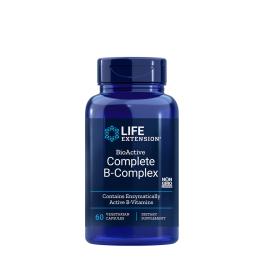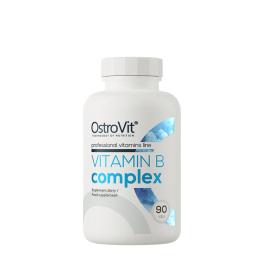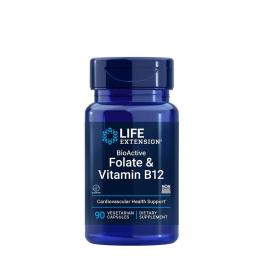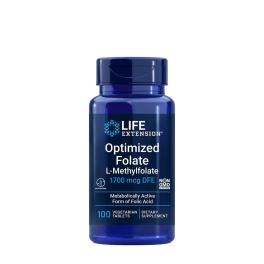The liver is a very versatile organ, involved in many metabolic processes. Its functions are:
- Involved in the production of proteins, carbohydrates and fats
- It helps digest fats by producing bile
- Maintains normal blood sugar levels
- Produces substances that stimulate blood clotting
Also responsible for the exceretion of toxins in the blood (detoxification). So the first line of defence against bee toxins is the liver.
We are exposed to toxins all the time, we can reduce them, but we can't avoid everything. The more we get awy from nature, the more toxins we are exposed to. Which can accumulate in fat cells.
These toxins often act by stimulating the production of reactive free radicals (hydrogen peroxide, nitrogen peroxide, superoxide, etc.) that can damage cells. These free radicals are produced during the oxidation process. To combat this, antioxidants are used, which can directly prevent free radical production or help the damaged cell to recover. Antioxidants are also found in vegetables and fruits and are responsible for their positive effects on health.
Too many toxins and oxidative stress will damage the liver (fatty liver), making it less able to excrete these harmful substances. Which leads to a host of diseases (cancer, autoimmune diseases, hormone problems, etc.) and overall deterioration of health.
The main target of detoxification is therefore the liver. We offer a wide range of supplements to stimulate liver function. Their effectiveness is largely due to their antioxidant properties.
- Milk thisle extract: a powerful antioxidant
- Turmenic extract: a powerful antioxidant
- Quercetin: a powerful antioxidant found in many fruits and vegetables
- Vitamin D: as a vitamin D is produced by the liver, its intake from external sources helps to relieve the liver
- Omega 3: certain forms of unsaturated fatty acids, which have strong anti-inflammatory properties, help prevent fatty acids from becoming free radicals (lipid peroxidation). This is confirmed in liver patients with reduced blood Omega 3 concentrations.
- Multivitamin: vitamin deficiences have been linked to the development of liver disease
- Minerals: selenium and zinc play an essential role in liver function








































